In recent weeks, rumors have circulated regarding the possibility of new tariffs on Mexican agricultural products in the context of trade tensions between Mexico and the United States. However, Mexican avocados, covered by the provisions of the treaty between Mexico, the United States, and Canada (T-MEC), continue to enter the U.S. market at a 0% tariff rate.
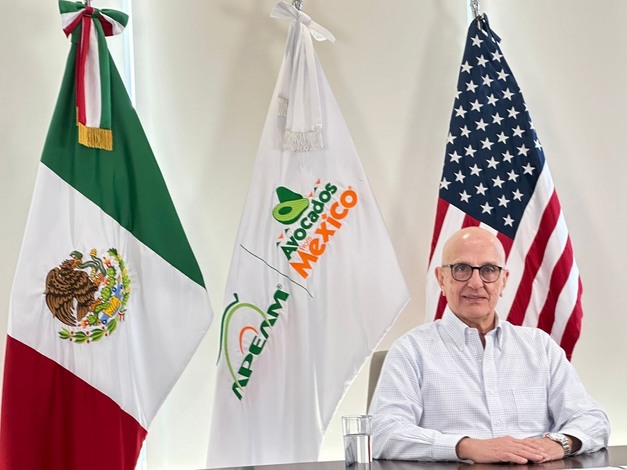 © APEAM
© APEAM
This was confirmed by Armando López Orduña, general director of the Association of Avocado Producers and Packers-Exporters of Mexico (APEAM). "Until a few days ago, there was concern about what could result from the public statements made, but eventually, it was ratified that avocados will continue to be covered by the treaty and won't be subject to new tariffs," he said.
Avocados are one of Mexico's main agricultural exports, with the United States as a priority destination. According to López Orduña, the sector has been working for almost three decades to strengthen its presence in that market, meeting the growth in consumption with improvements in production, logistics, and regulatory compliance.
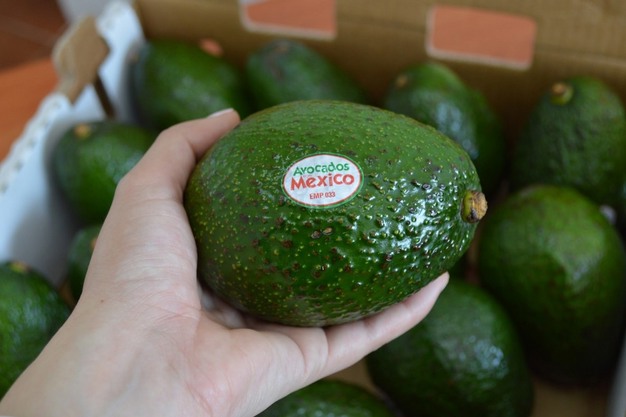 © APEAM
© APEAM
Beyond the commercial context, the APEAM director stressed that one of the factors that have helped drive the demand for Mexican avocados has been the consistency in the product's quality. "The commitment to plant health, maturity standards, and post-harvest processes has played a key role in maintaining the confidence of buyers and consumers," he said. Avocados are now consumed regularly in the U.S., and that has helped consolidate their position, although the sector should continue working on strengthening its processes.
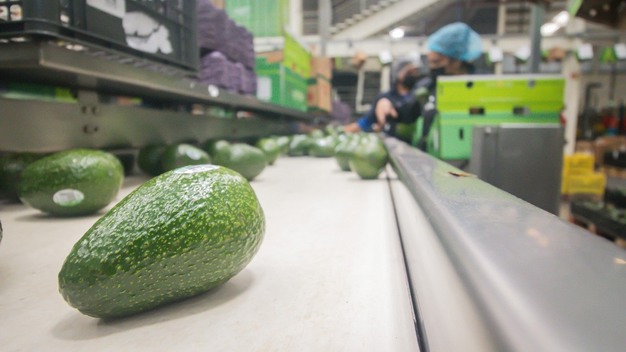 © APEAM
© APEAM
Although the formal review of the T-MEC was scheduled for 2026, it might still be brought forward. For APEAM, this would represent an opportunity for dialogue with authorities and other productive sectors. "We prefer seating at a table, providing data and explaining the mutual benefits of such a trade relationship," said López Orduña.
From the avocado sector's perspective, bilateral trade has been beneficial for both sides. "Mexican avocados not only generate value at origin, but also at destination, helping create jobs in distribution, marketing and associated services," he said.
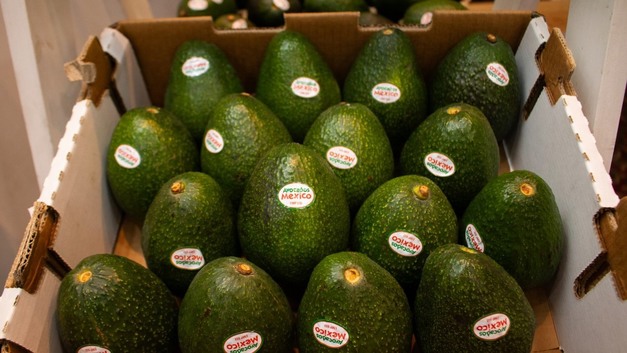 © APEAM
© APEAM
While the United States accounts for 80-90% of Mexican avocado exports, APEAM has been making efforts to diversify into markets such as Japan, Canada, Europe, and Central and South America. However, the volume and pace of the U.S. market continue to have a determining influence on the sector.
For now, the possibility of new tariffs has not materialized, but the APEAM director acknowledges that any modification to the current rules would have effects that are not easy to predict. "We don't have actual figures about the impact of a possible tariff, but it's clear that both demand and competitiveness against other countries would be affected."
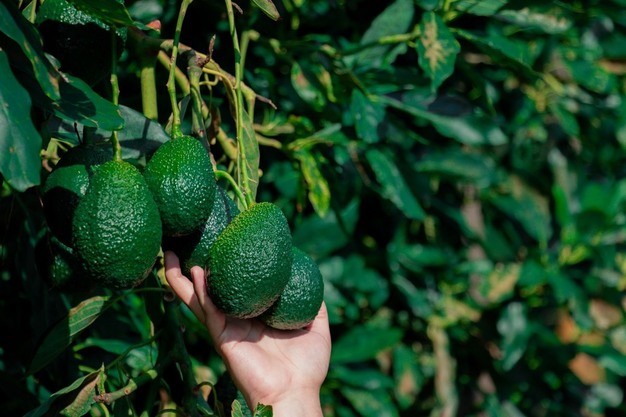 © APEAM
© APEAM
Lastly, López Orduña said that, despite the current stability, the sector recognizes the need to continue focusing on quality and technical compliance while also remaining open to dialogue with the government and commercial stakeholders to ensure continued access to its main destination market.
 © APEAM For more information:Eng. Armando López Orduña
© APEAM For more information:Eng. Armando López Orduña
APEAM
Tel.: +52 452 503 3000
comunicacion@apeamac.com
www.apeamac.com
